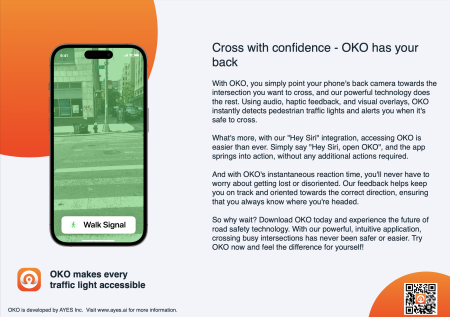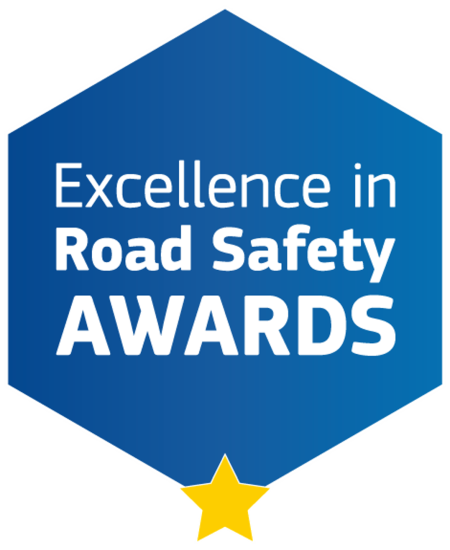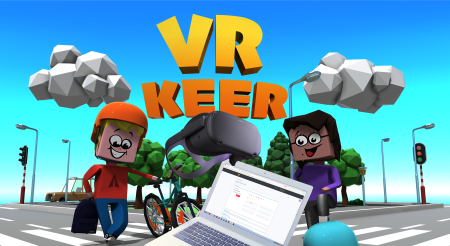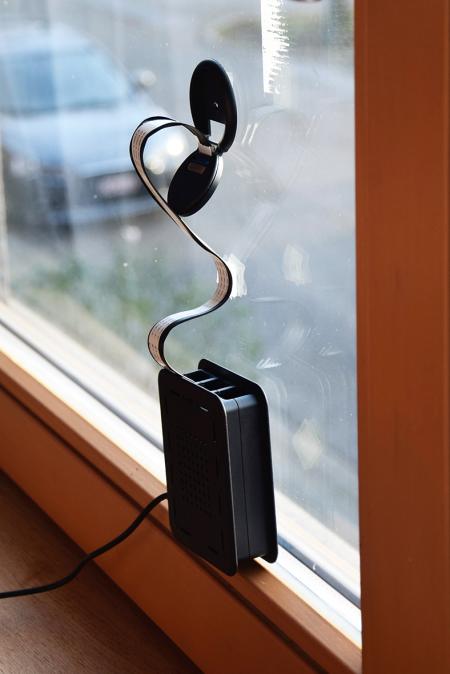ETSC and PACTS set out safety recommendations for e-scooters and their riders
Press Release - 28 February 2023
Brussels and London - A 20 km/h factory-set speed limit, larger wheels, a ban on passengers and pavement riding, compulsory helmets and a minimum age of 16.





